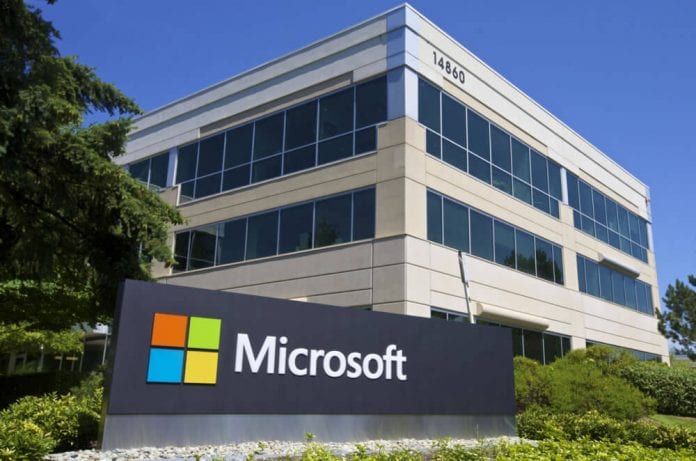
Windows Phone for all practical purpose is finished. On Wednesday, Microsoft Corporation (NASDAQ:MSFT) announced layoff of 7,800 people in its handsets division. The job cuts make up more than six percent of Microsoft’s global workforce. Added with the 18,000 job cuts made last year, a majority of them related to the Nokia Corporation (ADR) (NYSE:NOK) acquisition Microsoft will be relieving most of Nokia’s workers who joined the organization as a result of the deal.
In a letter circulated to Microsoft employees, CEO Satya Nadella declared that Microsoft will no longer endeavor to develop a standalone phone business. Rather it will strive to support the Windows software that powers Windows Phones.
Instead of catering to entire spectrum of Smartphone shoppers, Microsoft stated it would focus on three categories of customers: enterprise users who desire strong management, security and productivity apps; purchasers’ seeking inexpensive phones; and Windows aficionados.
By virtue of its acquisition of Nokia, Microsoft was the last major manufacturer with significant interest in Windows Phone. In last few years, companies such as HTC, Samsung and others tried out Windows Phone but achieved little success. The operating system has been abandoned by nearly all handset manufacturers. Now even Microsoft has followed them.
Nadella’s decision to get rid of the remains of Nokia makes it clear that Microsoft has realized the futility of promoting Windows Phone. The latter has just 3% share of the worldwide Smartphone market, which means that most app developers do not find it worthwhile to develop apps on it. They would rather develop apps for either Apple Inc. (NASDAQ:AAPL)’s iOS or Google Inc (NASDAQ:GOOG)’s Android, which are predominant mobile operating systems as of now. This gives buyer no incentive to pick Windows Phone over Android or iPhone.
Microsoft has been losing market share in smartphones even after acquiring Nokia’s handset business. Certain Microsoft apps run on competitor platforms and are not exclusive to Windows Phone. In Build 2015, Microsoft’s developer conference, the organization destroyed any incentive for developers to generate apps that natively target Windows Phones by empowering latter with a new way to conveniently port code from Android or iOS instead.
Windows 10 is the new version of Windows set for a July 29 release. It is specifically geared to operate on all existing hardware be it mobile phones or PCs. Slim chances exist that Microsoft will introduce a new smartphone in future demonstrating full potential of its proprietary mobile operating system. But mostly they won’t think it worthwhile as they have realized that they have lost the Smartphone war.
Sources: nytimes, gizmodo








